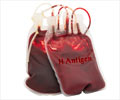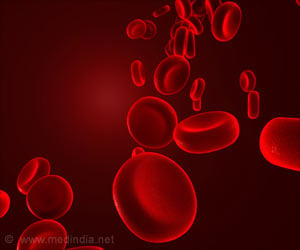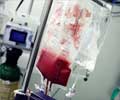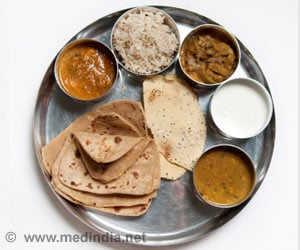Aditya Hegde from Bangalore came to Chennai just to donate blood for a pregnant woman.
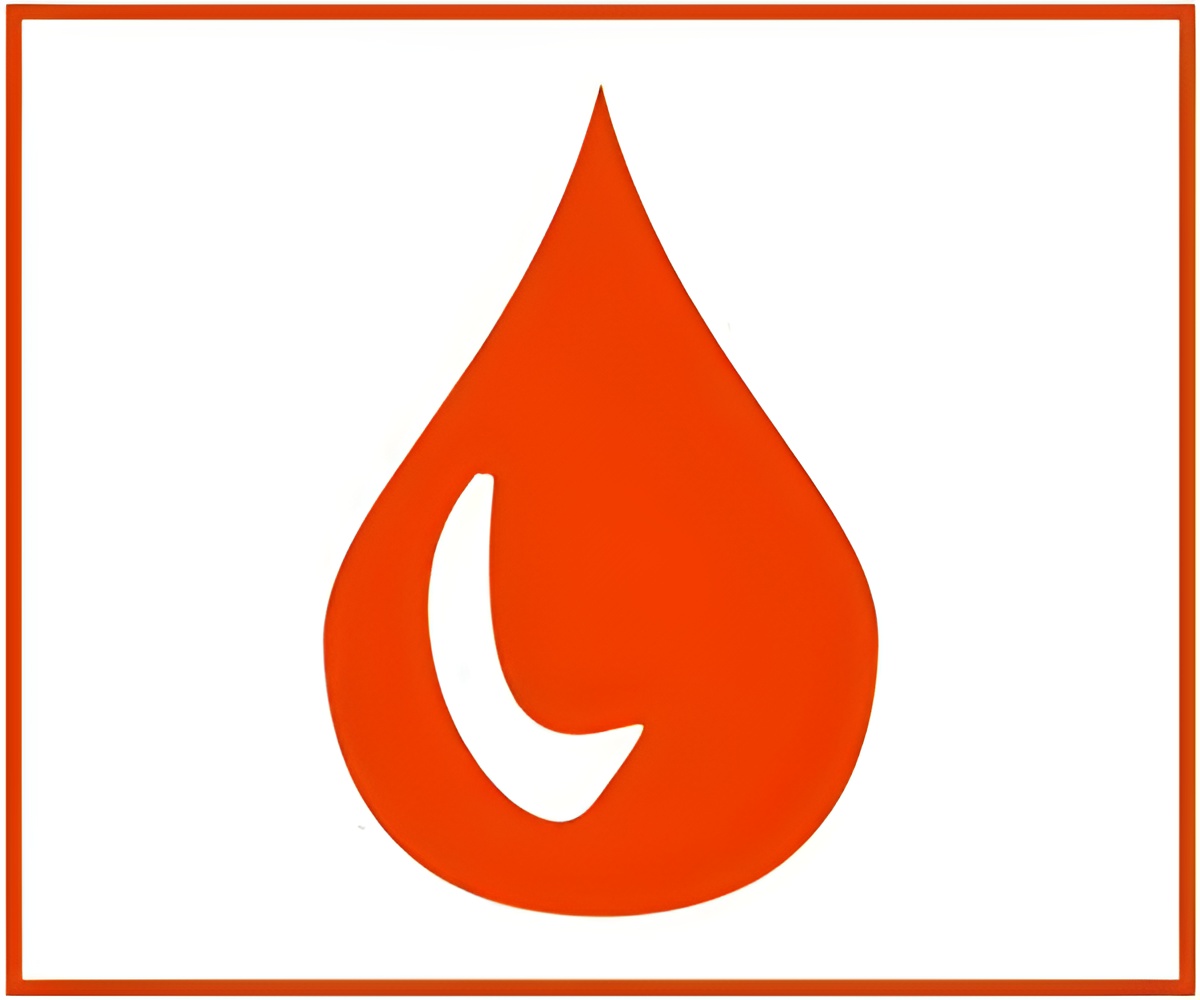
‘Aditya was born with a very rare blood type – HH negative, also known as the Bombay phenotype – which is found in one in 10,000 people in India and in one in a million people in Europe.’





“Most of the time, I do not even get to know who is the recipient of the blood I donate, especially if it’s in another city. Usually, the blood is taken here in Bengaluru itself. It has a shelf life of 35 days and is couriered in an ice box to the particular hospital and recipient,” Aditya explains. He has donated blood to tumor patients, cancer patients, and pregnant women. He is in touch with Sankalp India Foundation, an NGO which connects those in need of blood to donors.
The Chennai woman, it appears, had been told after her first delivery two years ago that she may require a blood transfusion the second time around. The hospital had advised her to come a fortnight prior to her delivery date so they could withdraw her blood and preserve it in case she needed it later. But the woman did not do so, which created the emergency requirement.
“The woman was able to deliver a healthy baby girl and is out of danger. Srijit Narayanan told me,” Aditya smiles happily. Srijit, a Times of India employee, had reached out to Aditya about the emergency blood requirement.
As happy as Aditya is that he was able to save her life, sometimes, he feels scared too. “This is such a rare blood group. I wonder what would happen if I am in a situation where I need blood,” he confesses.
Advertisement
Bombay Blood Group
Advertisement
On their surface, RBCs carry markers, with which the plasma interacts. While RBCs have antigens, the plasma has antibodies.
The antigens can be A or B or both. If the RBCs have antigen A, the plasma will be the B antibody or the other way round. These determine if the blood type will be A, B or AB. If the RBCs have neither antigen A nor B, the plasma has antibodies of both, and the blood type then is O.
There is another variable called the Rh factor which determines the ‘positive’ or ‘negative’ marker in the blood type. If the RBCs have Rh factor on their surface, the blood type would be positive. If the Rh factor is absent, the blood type would be negative.
It is the interaction between the RBCs and the plasma which sets apart a blood type and is important for a robust immune system.
There’s a master antigen H, which is present in all blood groups. This antigen is needed to generate A, B, AB and O antigens. But when the antigen H is absent from the cell and only its antibody is present in the plasma, it leads to the occurrence of the rare HH blood group.
The HH blood type is a result of extensive inbreeding in close-community marriages which limit the gene pool. It is, therefore, possible that people with the Bombay blood group have common ancestral roots.
Source-Medindia

